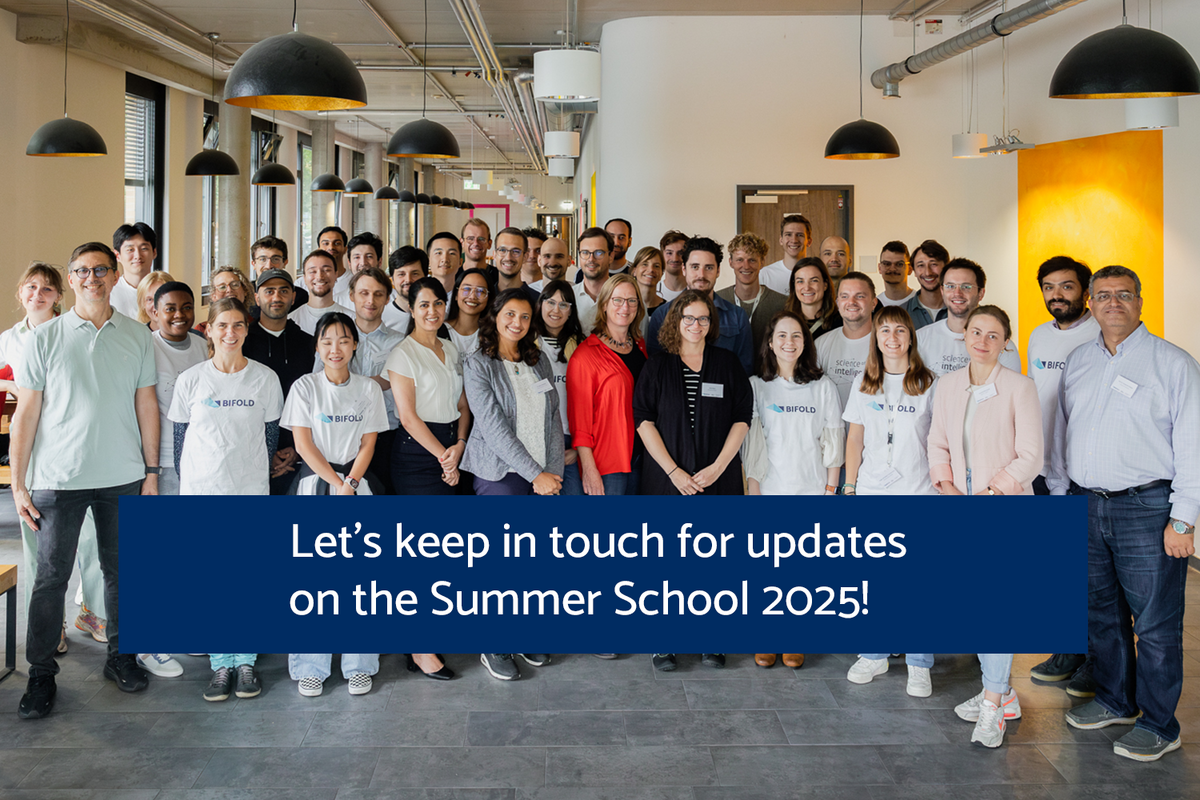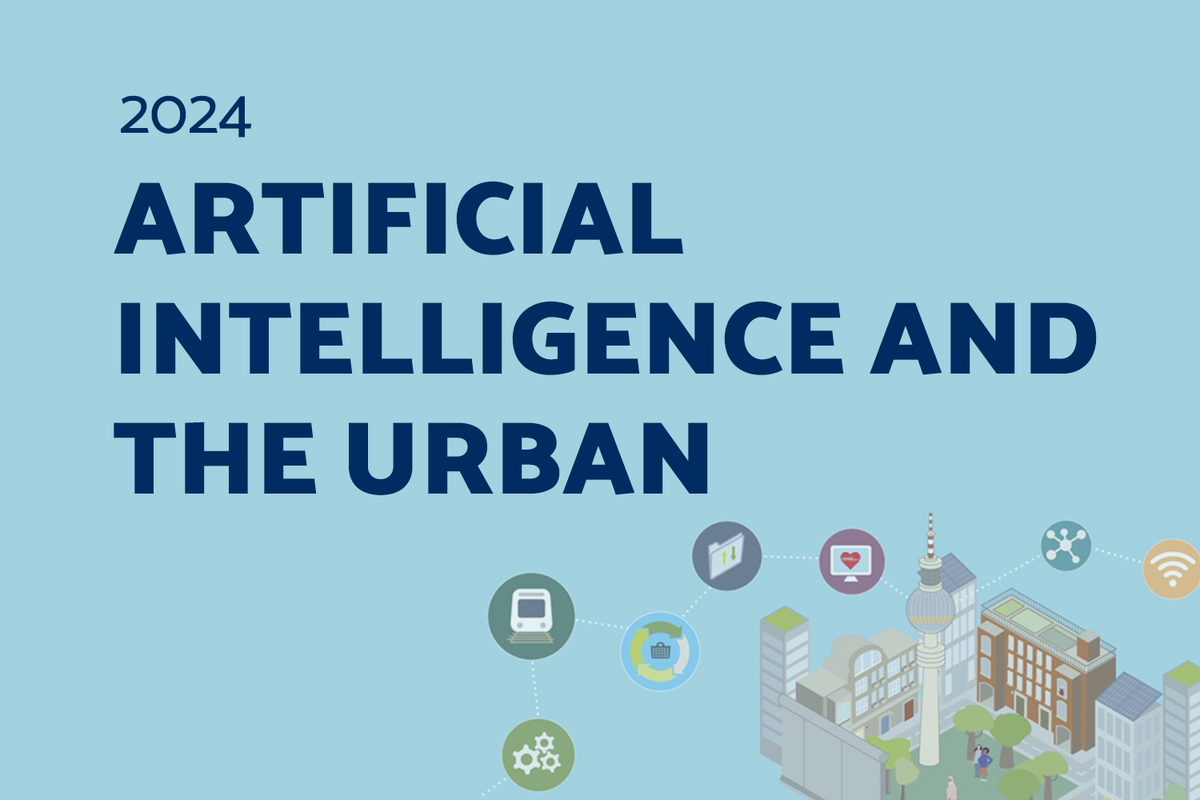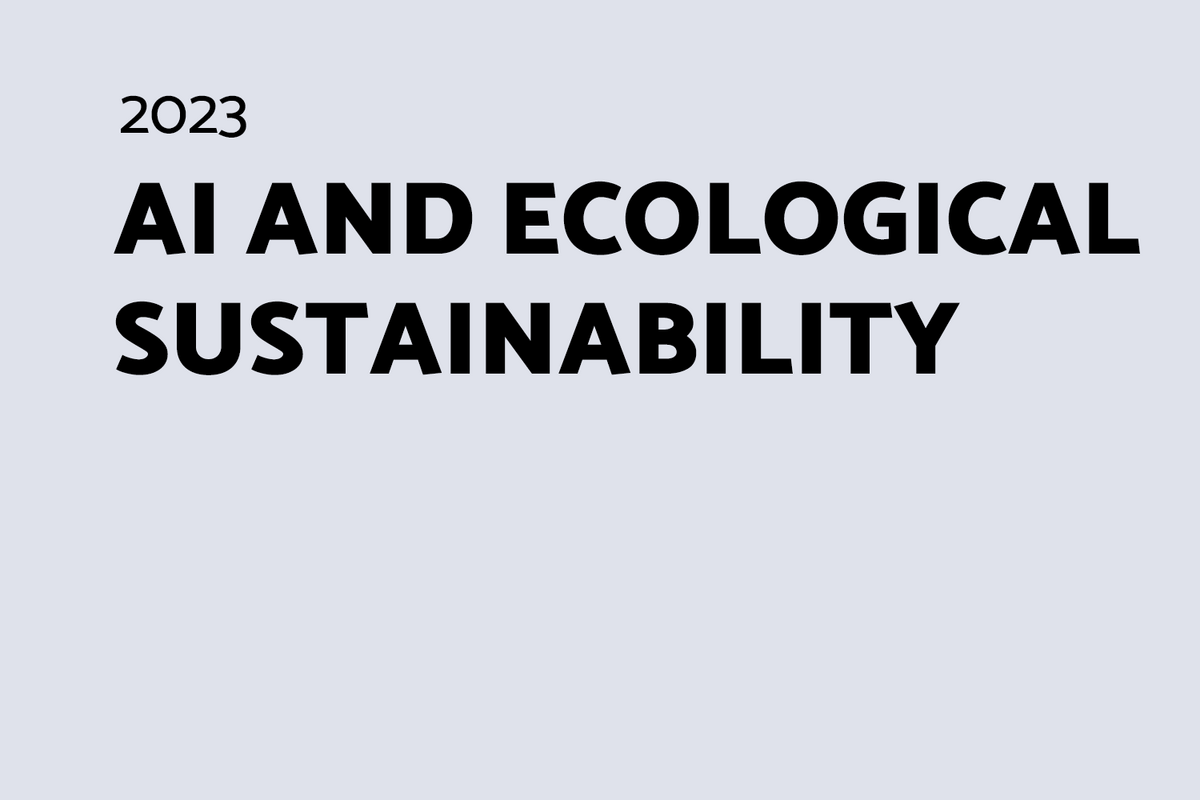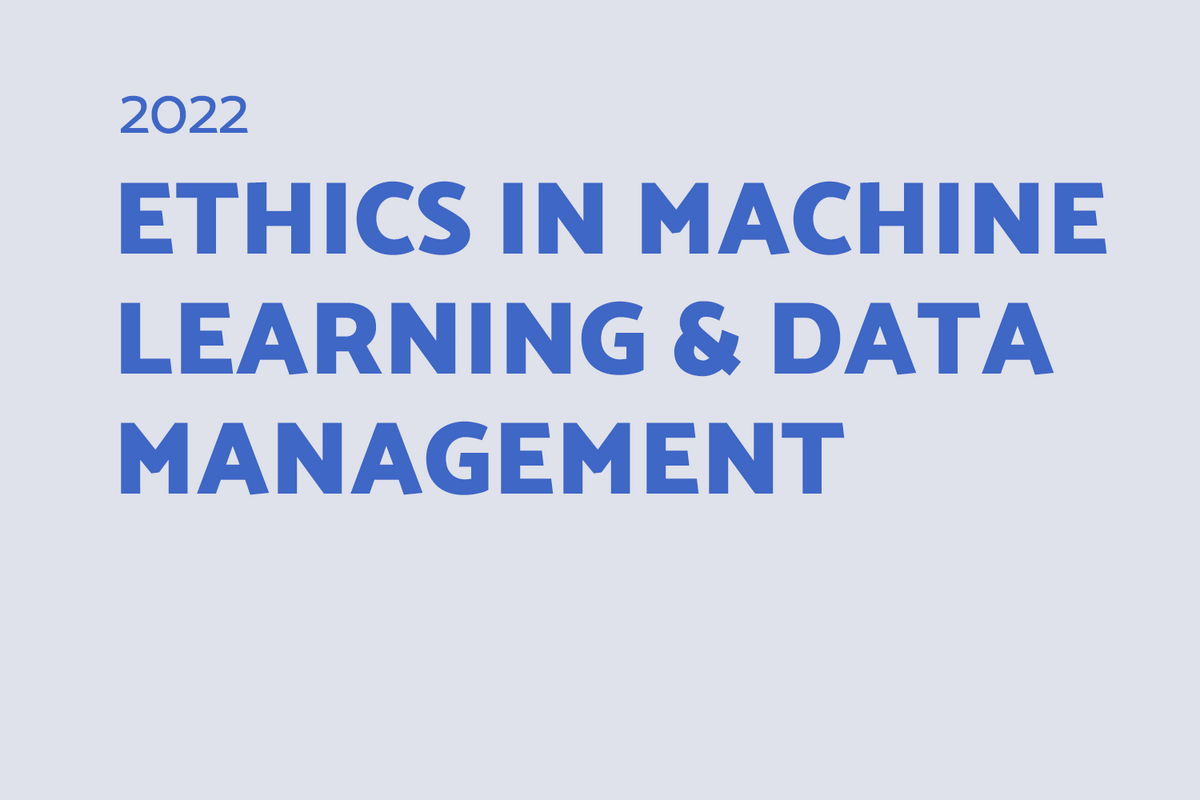Berlin Summer School of Artificial Intelligence and Society
Engage with Cutting-Edge AI Research in a Dynamic, Off-Campus Setting
The Summer School offers an intensive exploration of the societal effects of Artificial Intelligence, with a focus on topics within the scope of BIFOLD research areas. It is jointly organized with partner organizations. The school is open to BIFOLD members, members of the other German AI centers, and external PhD students. Invited internal and external experts deliver keynotes, lectures, and hands-on workshops, equipping participants with in-depth knowledge and practical skills in emerging fields. Participants also work in interdisciplinary teams on collaborative research questions, fostering innovative problem-solving and broadening perspectives.
An interdisciplinary dialogue on the Future of AI
The Summer School 2025 will be collaboratively hosted by the Weizenbaum Institute, the Cluster of Excellence “Science of Intelligence,” and BIFOLD. It will take place in September in Berlin, in a vibrant setting outside the university. For updates regarding the program, application process, speakers, and additional information, please visit our website or follow us on LinkedIn or Blue Sky.
Contact
Dr. Tina Schwabe, Graduate School Coordination
Email: tina.schwabe@tu-berlin.de





